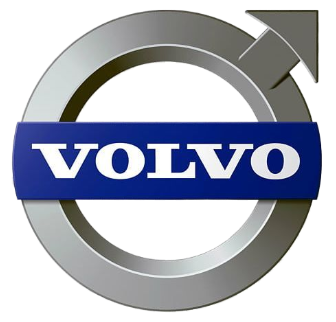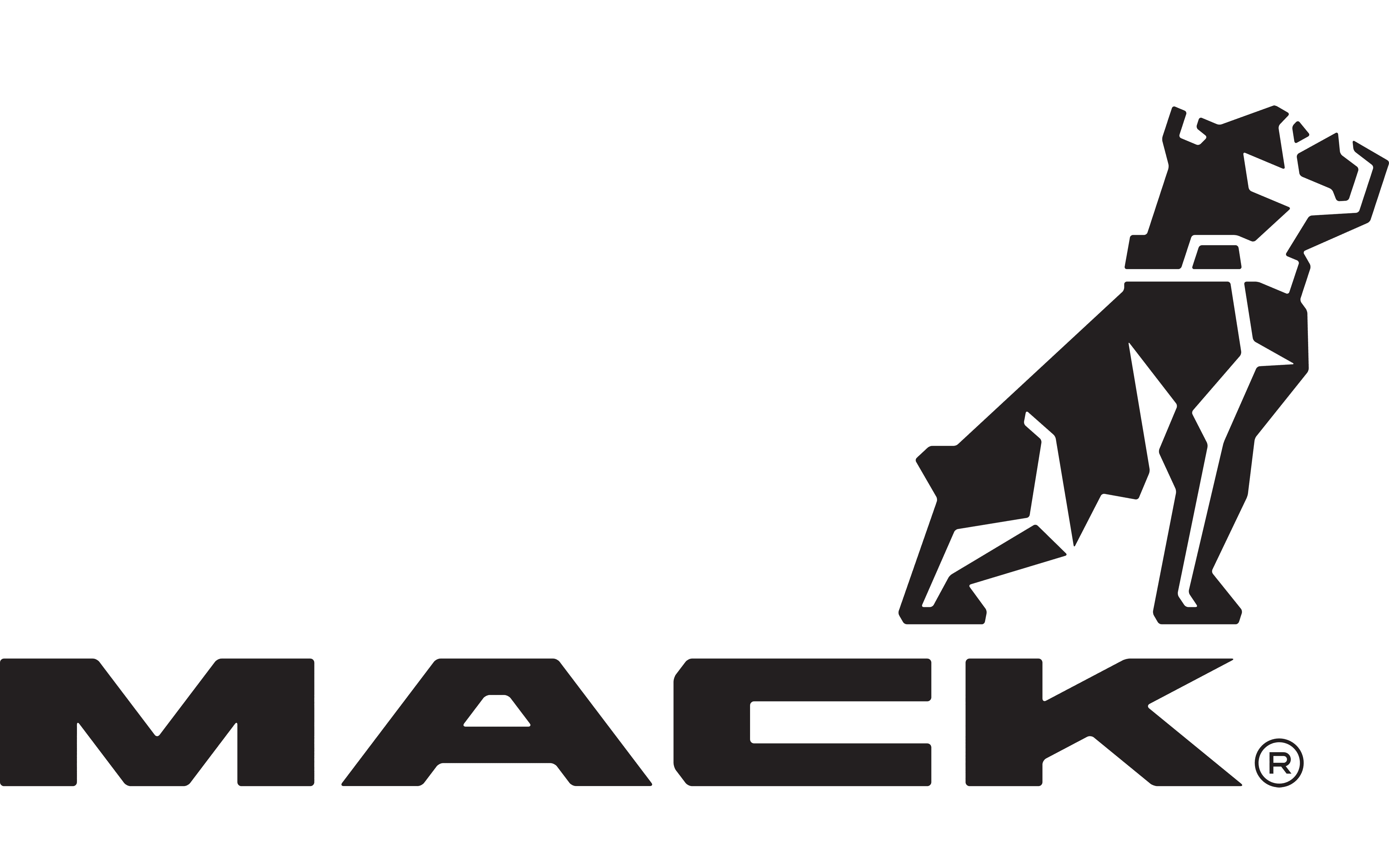Introduction
If you’re out on the road with a diesel truck, you know just how much your engine’s performance matters. It’s not just about power—it’s about fuel efficiency, avoiding costly repairs, and staying compliant with emissions regulations. At the heart of all that is your diesel particulate filter (DPF) and diesel oxidation catalyst (DOC). These filters are essential, but over time, they can clog up, affecting your truck’s performance. Here’s a quick guide on the signs that your filter needs a cleaning and why scheduling regular service can save you time, money, and headaches.
Why Do DPF and DOC Filters Get Clogged?
DPFs and DOCs trap soot and pollutants before they hit the air, keeping your emissions clean. But after thousands of miles, the soot and ash build up, leading to clogs. Your engine’s exhaust can only push through so much, and once that flow starts to get restricted, you’ll see changes in your truck’s performance. Cleaning these filters regularly is key to keeping your truck running smoothly without the extra wear and tear.
Top Signs Your DPF or DOC Needs Cleaning
- Loss of Power and Throttle Response
One of the first things you might notice with a clogged filter is a drop in engine power. Maybe your truck feels a bit sluggish or slow to respond when you step on the throttle. This is a big sign that your filter is restricting airflow. If you’re losing power and it’s not getting any better, your filter probably needs a good cleaning. - Lower Fuel Efficiency
Diesel trucks need an efficient exhaust system to make the most out of every gallon of fuel. When your DPF or DOC is clogged, your engine has to work harder, burning more fuel to keep up the same performance. A sudden drop in MPG? That’s a sign your filter’s getting clogged and could use a cleaning. - Frequent Regens
DPFs have a regeneration (regen) process where they burn off soot and other pollutants. But when your filter is too clogged, the regen cycles can get too frequent, costing you time and fuel. If you’re seeing regen notifications way more often, it’s a good indicator that your filter needs a proper cleaning. - Engine Warning Lights
Many trucks come with dashboard indicators specifically for filter issues. These warning lights aren’t there to annoy you—they’re there to save you from worse issues down the line. If you see a DPF or DOC warning light, take it as a sign to get your filter looked at. Ignoring it can lead to more severe engine problems or even filter damage. - Strange Exhaust Smells
Sometimes, you’ll catch a smell in your exhaust when the DPF or DOC is having issues. If the exhaust seems “off” or smells more intense than usual, it could mean the filter isn’t doing its job and needs to be cleaned out.
Why Cleaning is Better Than Waiting for a Replacement
Waiting too long to clean your filters can lead to bigger, costlier problems. Over time, the soot and ash can become so compacted that the filter becomes nearly impossible to clean. That means you’re looking at a costly replacement instead of just a cleaning. Plus, a clogged filter puts a lot of extra stress on your engine. It’s like trying to breathe through a straw that’s filled with mud! That extra strain can affect other parts of your engine, leading to more frequent repairs.
Cleaning, on the other hand, gives your filter a fresh start without the big price tag. It keeps your engine breathing easy and ensures that your truck is running efficiently.
How Often Should You Clean Your DPF/DOC?
The right cleaning schedule depends on how much and where you’re driving. For long-haul truckers clocking high miles each week, it’s best to get your DPF and DOC checked and cleaned every 6-12 months. If you’re doing city driving with more stop-and-go, you might need to clean it sooner, as this type of driving produces more soot.
Regular filter maintenance should be part of your routine, just like oil changes or tire rotations. By staying on top of cleaning, you’ll avoid bigger issues down the line and keep your truck running at peak performance.
What to Expect from a DPF/DOC Cleaning at Recore Chicago
At Recore Chicago, we use specialized equipment and methods to fully clean out your DPF and DOC filters. Here’s a look at our process:
- Thorough Inspection: Before anything else, we inspect the filter to see how much buildup is inside. This helps us determine if cleaning will do the trick or if the filter needs a recore.
- High-Powered Cleaning: We use advanced cleaning systems to remove soot, ash, and other contaminants. Our equipment is built for diesel filters, so you’re getting the highest quality clean possible.
- Testing and Verification: After cleaning, we test each filter to ensure it’s flowing properly. This lets us catch any remaining issues before you hit the road.
- Quick Turnaround: We know time is money, so we work fast to get you back on the road without long delays. With Recore Chicago, you get quality cleaning and quick service every time.
Final Thoughts: Don’t Ignore the Signs
Your DPF and DOC are crucial for your truck’s performance, fuel efficiency, and emissions compliance. If you’re noticing a loss in power, more frequent regens, or a dip in fuel economy, don’t ignore the signs. Getting your filter cleaned at the first sign of trouble can save you a lot of money and hassle in the long run.
At Recore Chicago, we’re here to help keep your filters clean, so you stay focused on the road ahead. Got questions? Give us a call, and we’ll get you sorted. Regular filter maintenance is a smart move for your engine, your budget, and your peace of mind.










13 comments
Comments are closed.